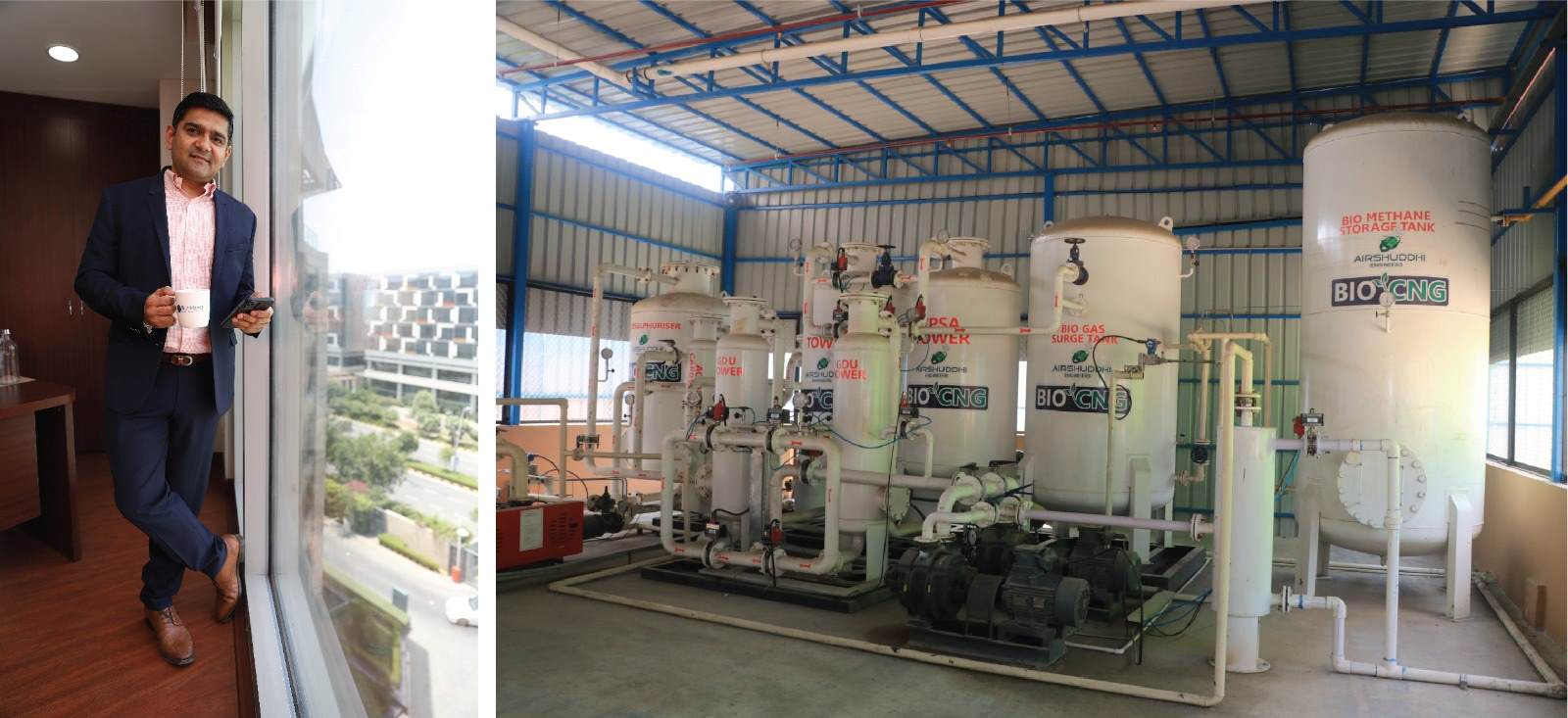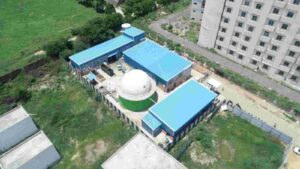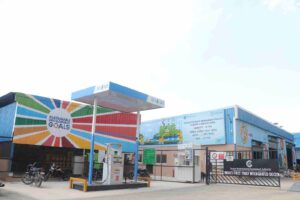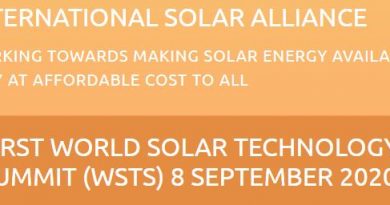Blue Planet Asia’s 360-Degree Approach: A Pan-Asian Force in Sustainable Waste Solutions

What’s the purpose of building a beautiful house when you do not have a beautiful planet to put it on? The surface of the earth is inundated with so much waste material that governments of the day are finding it difficult to remove and destroy it. But technology is making strides and start-ups are not just removing the waste effectively from our localities but also disposing of them; in fact – recycling them for reuse.
One such smart player is Blue Planet Asia Environmental Solutions that has made quite a mark in providing 360 degree solutions when it comes to waste management – collection, segregation, transportation and processing. Headquartered in Singapore, it’s a pan-Asian company driving regional sustainability through technologically enhanced and IT-driven end-to-end integrated services. It directly taps the bulk generators of waste materials.
Blue Planet offers a range of advanced services concerning biomass, organic, mixed waste, agri-waste using AD, thin plastics to fuel using TCD, waste to energy using incineration, PMR & base metals recovery from e-waste using proprietary hydrometallurgy solution, battery recycling, industrial waste management, landfill mining, RDF to brick pallet board-shutter board-lumber for pallets, municipal waste, paper recycling, metals recycling, wood recycling, plastics recycling, and consulting for waste management, among others.
In a short span of just six years, the company is running about 150 projects on waste management in 15 countries. Blue Planet is among the only 2 companies in Malaysia that have been granted a license to own and operate the only secured industrial landfill in North Malaysia. Prashant Singh has processed approx. 2.7 million metric tonnes of garbage. The company’s plastic-to-fuel technology has also become a talk in the industry for its unique solution.
The India Story
Talking about India specifically, Blue Planet has completed 14 projects of landfill mining in different states with an overall daily processing capacity of 20,000 MT. The company recently created India’s first fully integrated ‘Decentralized Waste Management Plant’ in Greater Noida, Uttar Pradesh that was inaugurated by Chief Minister Yogi Adityanath.

They are the largest alternative fuel supplier in India. They have completed 17 bio-mining projects directly establishing waste reclamation and environmental remediation.
Through municipal solid waste processing only, Blue Planet has directly mitigated 5,193,000 tons of carbon dioxide emissions. Moreover, their utilization of RDF (Refuse Derived Fuel) as an alternative fuel in cement kilns has enabled mitigation of 140,000 tons of carbon emissions.
Prashant Singh, Co-Founder & CEO, says that Blue Planet’s award winning initiative Zigma follows a holistic approach in the Indian solid waste management sector. He adds, “It follows three Ts―technology, transparency and testing & their operations. The scalability, efficiency and technology of the company’s machines are responsible for the disposal of aggregates. Blue Planet lays high emphasis on continuous research, development and innovation. Today the company has 18 projects in 5 different states.”
Benefiting Communities
Blue Planet claims that all of its projects are aimed at directly benefiting the community as it has adopted the Triple Bottom Line ethos of ‘People, Planet, Prosperity.’ By practicing equal opportunity and providing employment to vulnerable groups in society, the company hopes to address urban deprivation, empower women and other marginalized groups. The company CEO opines that Blue Planet operations are focused on deploying innovative technologies that optimizes resource recovery thereby contributing to sustainability. Blue Planet’s solutions are catered to create a net positive social and environmental impact aligned to the United Nations’ Sustainable Development Goals.

Perungudi Landfill, Chennai
Blue Planet has cleaned India’s largest landfill at Perungudi, Chennai which was a dump-yard mining project at Perungudi, initiated by the Greater Chennai Corporation (GCC), to reclaiming 225 acres of land comprising a massive volume of 30,63,123 cubic meters of legacy Municipal Solid Waste (MSW).
Prashant Singh says, “GCC generates around 5500 metric tonnes of solid waste everyday and the dumpsite mining is being carried out at Perungudi dump yard. GCC awarded Blue Planet’s portfolio company Zigma Global Environ Solutions with the tender to dispose of legacy waste in the area.”
“We are handling 50% of the contracted legacy waste quantity spread across 96 acres. The scope of the project included the reclamation of a land parcel through dumpsite mining wherein the concessionaire shall investigate, design, engineer, procure, construct, fabricate, install, commission the dumpsite mining facilities and operate the same for the contract period deploying various material excavation and movement equipment,” he said.
Novel Plastic-to-Fuel Technology
Blue Planet has innovated Thermo Catalytic Depolymerization (TCD) process to dispose of non-degradable polymer and the process generates poly fuel from the plastic waste. In the process, plastic waste after passing through the de-dusting machine is inserted into the shredded machine and then the shredded plastic is fed into the reactor. Catalyst is then added, healing takes place and the final outcome is ready to dispatch oil.
Prashant Singh mentions that the TCD technology plays a key role in the circular economy by addressing the challenges associated with plastic waste and providing a sustainable approach to managing plastic materials. “Plastic-to-fuel technology allows the conversion of non-recyclable plastic waste into valuable energy resources such as diesel or other fuels. Many plastic items that are challenging to recycle, such as mixed or contaminated plastics, can be processed using this technology,” adds the CEO.




